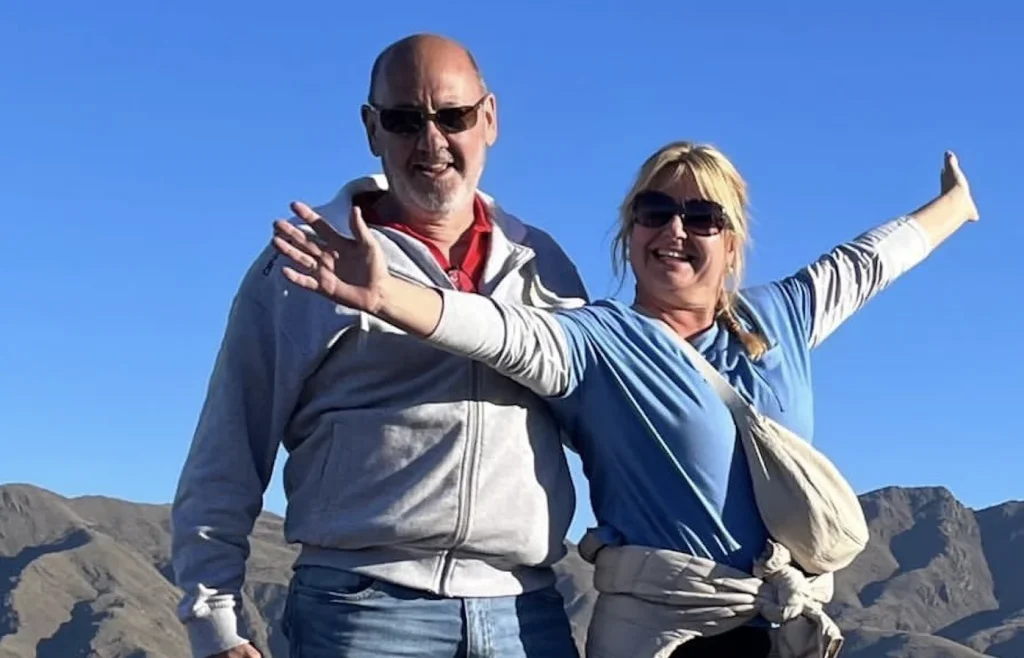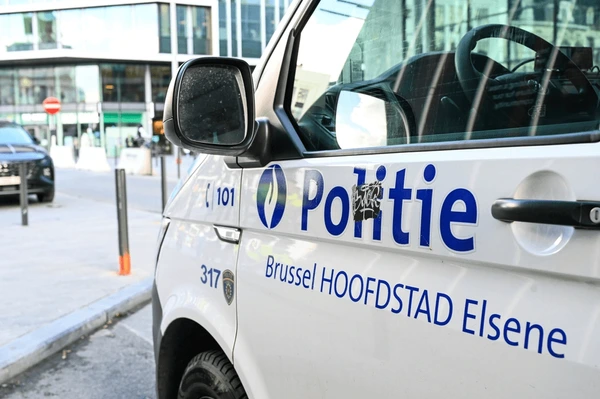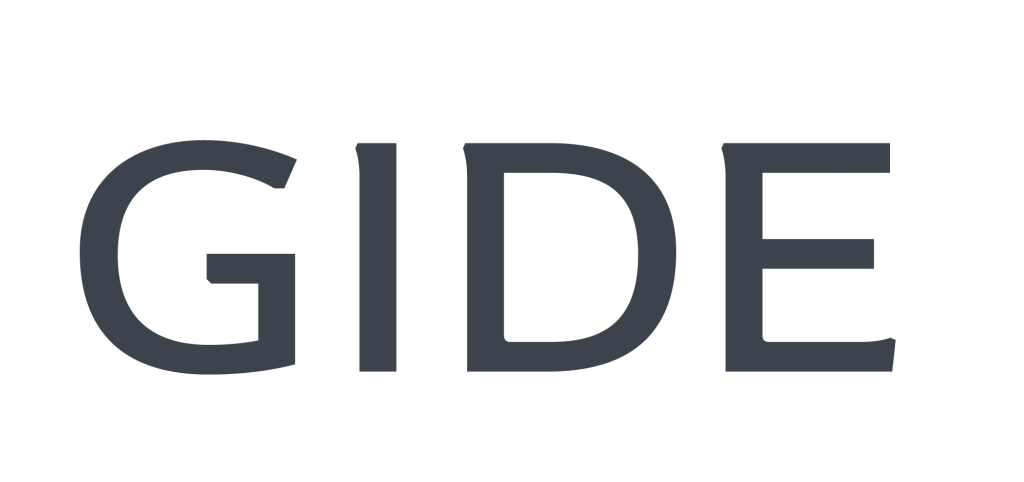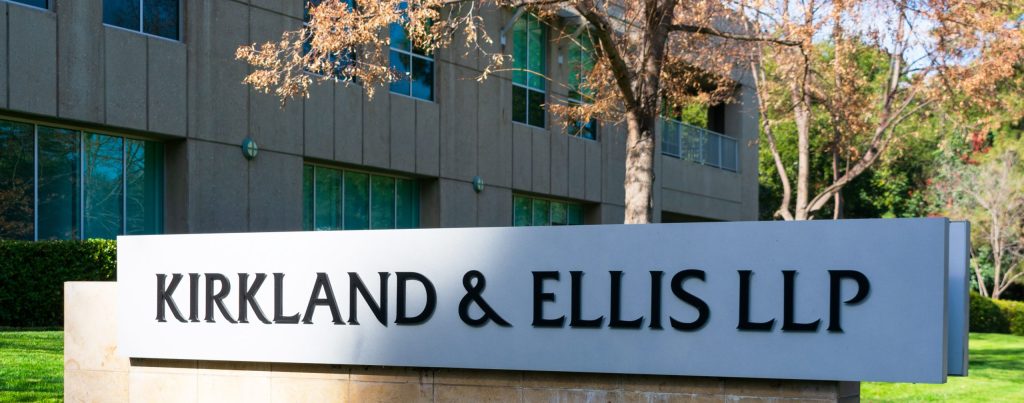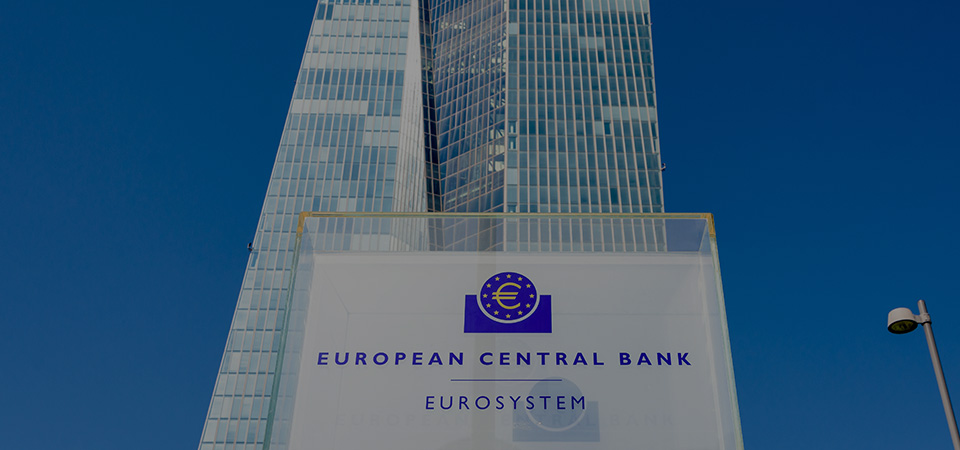Lexial has been the leading law firm in the field of business and corporate immigration in Belgium and in France since 2007. Who are your clients?
Most of them are investors, starters and executives from the Middle East, Russia and China. But more and more, Belgium and mainly France, have become attractive for nationals from many other countries, including Americans and of course, the British due to Brexit. France was ranked the 5th most attractive country in the world by A.T.Kearney this year and Paris (given its central geographic position) is clearly in a very good place to challenge Frankfurt as a major financial district. Broadly speaking, different kind of threats, both on economic and security levels, encourage businessmen to secure a second-place of residency and citizenship as a backup plan.
But in both countries, there are also some problems: yellow jackets movement in France, elections in Belgium. What does this mean?
That is absolutely correct, but such factors do not prevent stability, and they eventually subside, as we have seen with the yellow jackets movement. Even if it comes back, it can’t block the country from progressing, because institutions are very strong in France.
In 2016, France established the ‘Talent Passport’, which covers a lot of situations
In Belgium, it is different: even when there is no Federal government, we cannot forget that there are three governments at work in the region. On a more general level, I would say that EU is a place of peace and stability, and it has been for the past 80 years, despite sporadic crisis and, as everywhere in the world, some nationalist trends. This doesn’t prevent the EU from being the first market in the world. France and Belgium are ideal places of choice to live and to develop a business, because the tools offered to foreigners are affordable and clear, compared to the classic residency by investment programmes in other countries.
What are these tools that you mentioned above?
In 2016, France established the ‘Talent Passport’, which covers a lot of situations: classic starters (as from 30,000 EUR), investors (as from 300,000 EUR), but for those who have innovative or technological projects (French Tech), researchers, artists, and people having an international reputation, such as corporate executives, this ‘visa’ ideal, due to the transparent and fast administrative process.
Belgium maintains the ‘professional card’ programme, which applies generally for those wanting to set up a company – however, the law just underwent a complete reform; depending on the project, a critical choice to make is the region in which the applicant will carry out their business.
Your optimism regarding French potential seems to ignore tax issues. Can you share more about innovation and technologies, as you know the French government invented the ‘Gafa tax’…?
Let’s be serious... What issues are we talking about? A tax of 3% on companies which make 750 million EUR worldwide (including 50 million EUR in the EU)… these companies are on a different planet, so our clients are not concerned. The average corporate tax is 25% on profits, and regarding income tax (which is not so high, in fact), double taxation treaties reached with almost all countries are very efficient.
This country is ideal for people who pay huge taxes in their own country, or for executives sent by their employer as expats but keeping the status of an employee.
Lexial has been active in Belgium and in France for 12 years. A few years ago, you also opened an office in Switzerland. What are the advantages and disadvantages of this country?
Switzerland is a much more selective country than Belgium or France. It is possible to immigrate to Switzerland for business reasons, but the barrier for entry is high; the project must be huge, even for setting up an international foundation or association. This country is ideal for people who pay huge taxes in their own country, or for executives sent by their employer as expats but keeping the status of an employee.
You decided this year to extend your geographical scope, which was not an obvious option for you. Why?
Yes, a characteristic feature of Lexial has always been specialization, regarding both the countries and the field of activity. But we must comply with some new expectations from our clients who are already living or making business in Belgium, France or Switzerland. They need to extend their business, or sometimes send their employees to other countries, yet we often see that this business is so overcrowded by a number of supposed ‘specialists’ and ‘consultants’ who in fact are not even attorneys (i.e. not bound by ethical rules) and don’t know their own law, that we decided to extend our presence. We will open an office in Quebec and in Budapest soon, and we are considering Africa. In addition, we also increased our presence in regions we are already based in: Neuchatel in Switzerland, Namur in Belgium and Nice in France.
Emmanuel Ruchat
Avocat associé - Partner
LEXIAL
Paris: 26 avenue de Messine, F-75008 Paris - Tél. (33)(0)1 88 32 79 18
Brussels: Chaussée de Louvain 467, B-1030 Bruxelles - Tél. (32)(0)2 511 23 33
Geneva: Rue du Général Dufour 22, case postale 5539, CH-1211 Genève 11 - Tél. (41)(0) 22 809 64 68
Emmanuel Ruchat has been a lawyer since 1996. He holds a business management degree, a master in business law and an applied postgraduate degree (DESS) in insurance and liability law.
His practice in life insurance lead him to deal with group insurance for employees, and then with employment law issues and international mobility of workers. Every year he is also classified as one of the best in business and corporate immigration lawyers for self-employed and executive employees.





